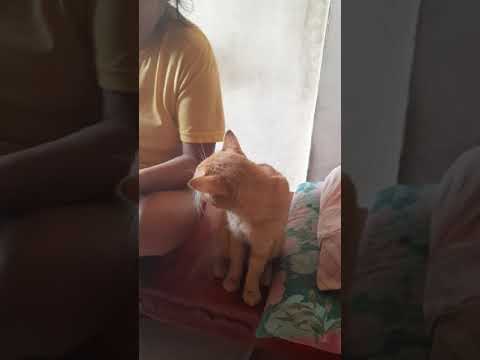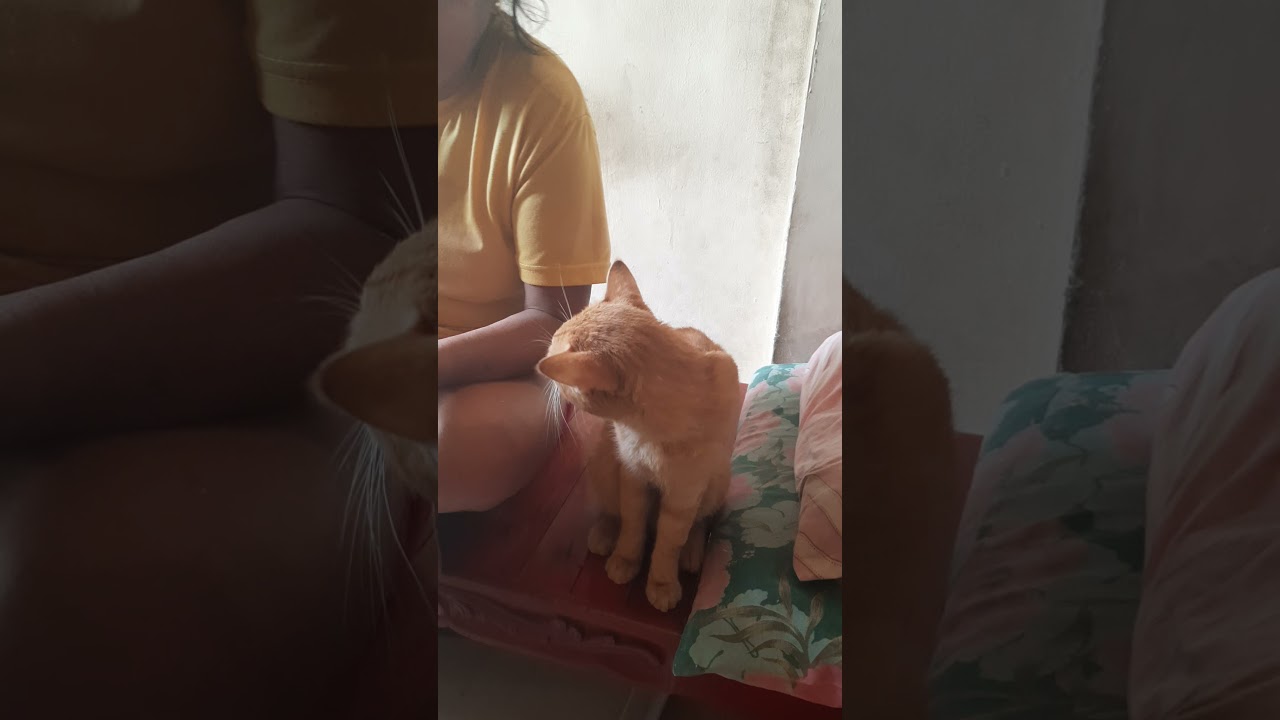Curious about what to do if your cat just devoured a plate of corned beef? While it may seem like a harmless indulgence, it’s important to be aware of potential risks and take appropriate action. Corned beef, being high in sodium and spices, can pose health issues for cats. In this informative guide, we’ll explore essential steps to ensure your furry friend’s well-being after consuming this savory meat. First and foremost, it’s crucial to observe your cat for any immediate signs of distress or discomfort. Keep an eye out for symptoms such as vomiting, diarrhea, or excessive thirst, as these could indicate a reaction to the ingredients in corned beef. Contacting your veterinarian is the next crucial step. They can provide professional advice tailored to your cat’s specific situation and guide you on the necessary course of action. While waiting for their guidance, it’s advisable to refrain from feeding your cat any more human food, especially those rich in spices or seasoning. Remember, prevention is always better than cure, so it’s wise to keep corned beef and other potentially harmful foods out of your cat’s reach in the future. By following these important steps, you can ensure your cat’s health and well-being even after an accidental corned beef feast.

What to Do if Your Cat Ate Corned Beef
| Symptoms | Action |
|---|---|
| Vomiting | If your cat starts vomiting after consuming corned beef, it is crucial to monitor their condition closely. Contact your veterinarian for immediate advice. |
| Diarrhea | Diarrhea can be an adverse reaction to corned beef, especially if it contains excess fat or spices. Ensure your cat has access to fresh water and observe their behavior. If the diarrhea persists for more than a day or is severe, seek veterinary assistance. |
| Lethargy | If your cat becomes unusually lethargic after ingesting corned beef, it may indicate an underlying issue. Consult your veterinarian to assess your cat’s health and determine the appropriate course of action. |
| Loss of Appetite | A temporary loss of appetite can occur due to the richness of corned beef. However, if your cat refuses to eat for an extended period or shows signs of distress, consult your veterinarian to avoid potential complications. |
| Allergic Reactions | Corned beef contains various ingredients that may trigger allergies in cats. If you notice signs like itching, swelling, or difficulty breathing, contact your veterinarian immediately for guidance. |
| Preventive Measures | To avoid such situations in the future, it is recommended to keep human food, including corned beef, out of your cat’s reach. Ensure a balanced feline diet and provide suitable alternatives for treats. |
“He’s Not a Fan of Corned Beef! The Funny Cat Strikes Again!”
What to Do If Your Cat Ate Corned Beef
Cats are curious creatures who often explore their surroundings with their mouths. It’s not uncommon for them to ingest something they shouldn’t, such as corned beef. While corned beef itself is not toxic to cats, it can still cause digestive issues and other complications. If you suspect that your feline friend has eaten corned beef, here are a few steps you should take:
1. Assess the Situation
The first thing you should do is determine how much corned beef your cat has eaten. If it was just a small piece, your cat may be able to digest it without any problems. However, if your cat has consumed a large amount or multiple servings, it’s time to be concerned.
If your cat has eaten a significant quantity of corned beef, it can lead to gastrointestinal upset, including vomiting and diarrhea. Additionally, the high sodium content in corned beef can cause dehydration in cats, leading to further complications.
2. Observe Your Cat’s Behavior
After your cat has consumed corned beef, keep a close eye on their behavior and monitor any changes. Look out for signs of discomfort, such as excessive meowing, restlessness, or hiding. If your cat seems lethargic, refuses to eat or drink, or shows other unusual symptoms, it’s essential to seek veterinary attention immediately.
It’s worth noting that some cats may exhibit no immediate symptoms after consuming corned beef. However, keep in mind that certain complications, such as gastrointestinal issues or sodium toxicity, can take some time to develop.
3. Contact Your Veterinarian
If you’re concerned about your cat’s well-being or they are displaying any abnormal symptoms after eating corned beef, it’s crucial to reach out to your veterinarian for guidance. They will be able to provide specific advice tailored to your cat’s situation and may recommend bringing your cat in for a check-up.
When contacting your veterinarian, be prepared to provide information about the amount of corned beef your cat consumed, their current symptoms, and any changes in behavior you’ve noticed. The more details you can provide, the better equipped your vet will be to make an accurate assessment and provide appropriate recommendations.
4. Follow Your Veterinarian’s Advice
Based on the information you provide, your veterinarian will guide you on the next steps to take. They may advise you to monitor your cat closely at home for any developments or recommend that you bring your cat in for an examination.
If your cat is experiencing digestive issues, your vet may suggest dietary changes or prescribe medication to alleviate any discomfort. In severe cases, your cat may require intravenous fluids to address dehydration caused by the high sodium content in the corned beef.
5. Prevent Future Incidents
While accidents happen, it’s important to take steps to prevent your cat from ingesting harmful foods in the future. As a responsible cat owner, ensure that all human food is securely stored and out of your cat’s reach. Dispose of any leftovers or scraps safely, so your cat doesn’t have the opportunity to devour them.
If you have a habit of sharing small bites of food with your cat, it’s best to avoid doing so with foods like corned beef. Stick to cat-friendly treats and consult your veterinarian for suitable alternatives.
In conclusion, if your cat ate corned beef, it’s essential to assess the situation, observe your cat’s behavior, and contact your veterinarian for professional advice. By taking prompt action and following your vet’s guidance, you can ensure your cat’s health and well-being.

